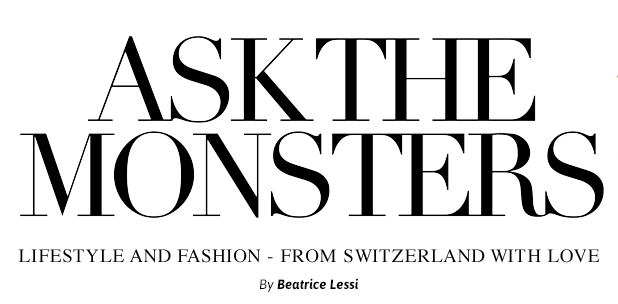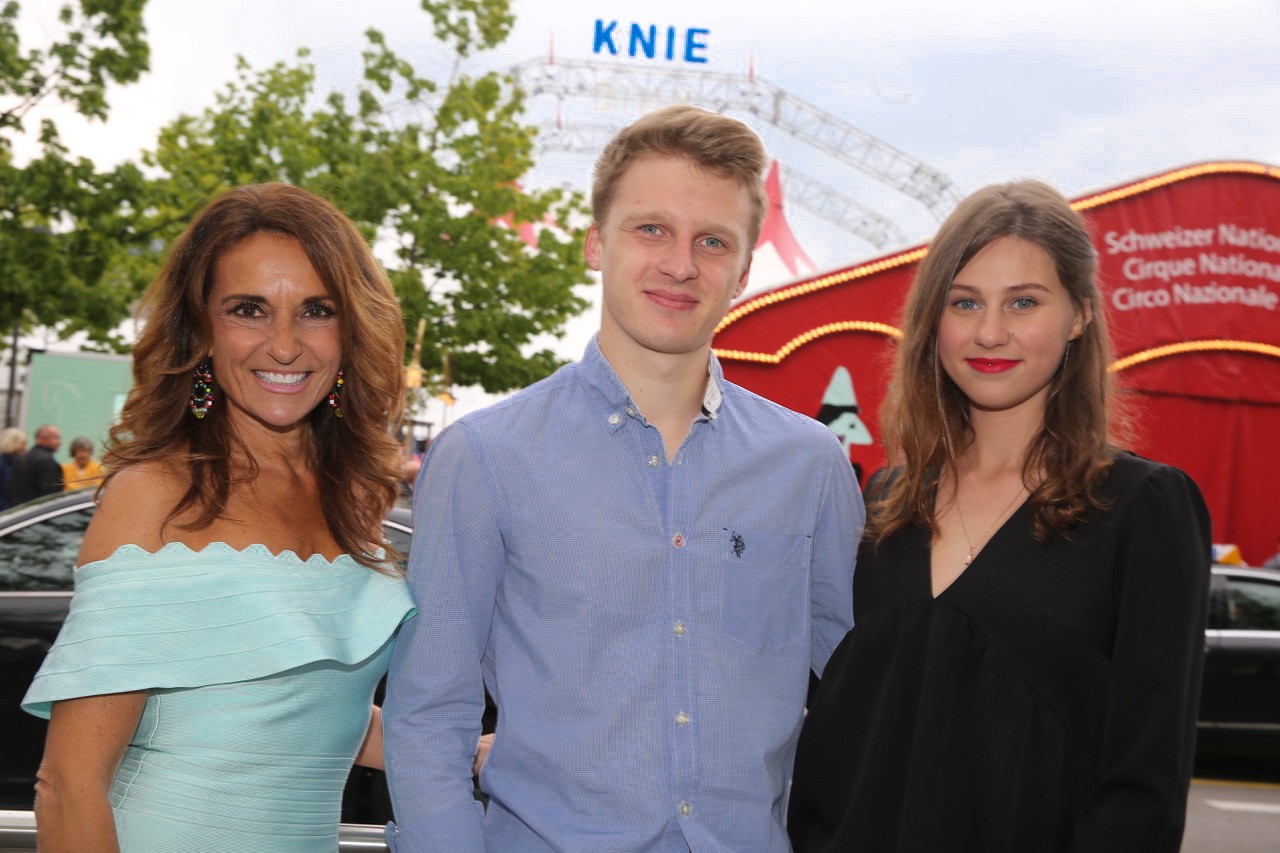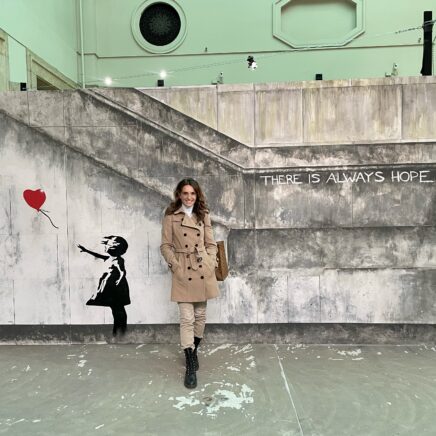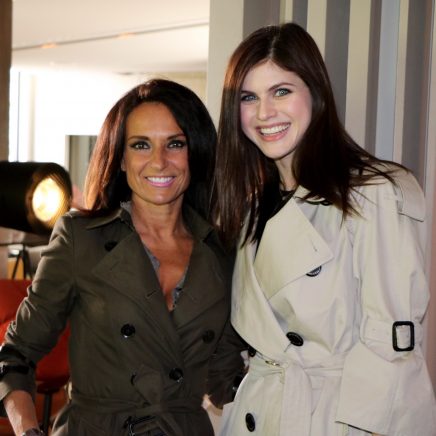The 10 Most Asked Questions about Having Ukrainian Refugees at Home
About three weeks ago, two Ukrainian people arrived at our house – we went from a family of five to an extended one of seven. Some more numbers updated to May 2022 about the current state of refugees: about 47’000 Ukrainian people have moved to Switzerland, compared to 610’000 to Germany, 109’000 to Italy and 68’000 to Austria. The biggest part, about 3.2 million, is now in Poland.
As you can imagine, people ask me a lot of things about the experience – here are the most popular questions, online and offline.
1. How Is It Going, Are They…Good?
This first question about refugees is always accompanied by a worried look – the biggest fear Swiss people seem to have is about safeness. Are these people dangerous? I was also asking myself such a question, when I decided to offer our guest room. Will they be difficult, not respectful, or will they break or steal things? I wondered. The truth is: there is no guarantee, and indeed opening your house can be a risk. But where is there no risk, in life?
Then my two guests arrived. A 18 years old girl, Polina, and her 22 years old boyfriend, Nikita. One of the first things Nikita did, when he arrived, was showing me some videos in his telephone, taken by his father (who is currently fighting), to prove that there has really been a massacre in Bucha, and that those were no fake news. That made me very sad. Not only they had to flee and the city they come from has been destroyed, but they also need to prove it to people! One would think the Russian propaganda isn’t believed in Europe, but that is not the case. So yes: you never know which people are going to arrive. But try to open your heart and imagine their position. Perhaps they have other problems in their minds, and they are not that dangerous, after all.
2. How Did You Find Them?
I initially asked Save the Children Suisse, for whom I work as a testimonial, what was the best way to offer accommodation for two refugees. They told me to contact Campax, which I did. Campax asked me to accept the following criteria: 1-The offered room should be independent, giving privacy to the guests, with a bathroom and the possibility to share the kitchen. 2- Public transport should be easily reachable. 3-Guests should have the possibility to stay at least three months. I accepted the points but never heard back from them. Some days later, my daughter sent me an Instagram story. A friend of a friend was asking for accommodation for a couple from Ukraine. I wrote that I had a room, but I also had a problem: my dog Simba. He is fearful and aggressive, so whoever was interested in the room would have to come to our house once, see the dog, and be available to work and train with him. Polina and Nikita arrived with a bottle of wine, some cheese and some strawberries. That nice gesture immediately sent our fears away . Simba wasn’t as convinced at all, at the beginning… But after some days and some work, everything was fine.
3. Who Are They, What’s Their Story?
As I already wrote, Polina and Nikita are a couple. They had left Ukraine the day before the war started, to go to Egypt on holiday. That’s why Nikita is not obliged to go back to his country and fight: he left one day before the war started. The 24 February, Nikita’s father called and told him not to come back. Nikita arrived in Switzerland about a month before Polina, who spent some time in Turkey with her mother (she is there right now). Finally, the couple reunited in Zurich. Nikita works in IT, he is a system engineer. Polina is a law student, with a past career as a professional dancer. All that at their young age – their parents are 41 and 42, and they say that, when they went to school, other pupils would comment they are quite old! Ukrainian people seem to do everything quite early, compared to us.
4. Why Did You Do It?
I have three daughters, more or less the same age as Nikita and Polina. If they had to flee Switzerland because of a war, I would wish that someone welcomed them and gave them a safe place to stay, exactly like I’m doing. Living in a peaceful country is a great privilege and it’s great to be able to help.
5. Do You Cook For Them?
I was asked this question also many times, perhaps because I’m Italian….Nikita and Polina normally eat on their own, but if any of us cooks a bit more than usual, he/she invites the others. Polina made a delicious Borscht for everybody, once. So it depends. We have a whatsapp chat and decide each day.
6. Do They Have Any Money?
After we went to our local community to register, Polina and Nikita received Status S. This means they receive: 1 – health insurance, 2 – CHF 450 per month each, 3. Permission to work, 4. Permission to stay for a year. They also can use public transport for free, and have the possibility to follow a German course. Nikita is still working online for a Ukrainian firm, but his project is coming to an end.
7. Do You Receive Any Money For Having Them With You?
No. The one thing we could do is to evaluate the rental price for our room, and ask our local community to give us that money back. But we decided not to do it.
8. How Do People React To Their Presence?
When Polina arrived she was still 18 years old, and turned 19 the evening of the Circus Knie première in Zurich, so we went to watch the show and and celebrate together. The Weltwoche Magazine and Klein Report heard their story and wrote about them – most people are quite moved, after hearing the situation. People in Switzerland are very supportive and react very well when I say that two more people are in our house.
9. How Do You Communicate?
In English. Sometimes we use Google translate, and I also had to add a Ukrainian keyboard to my phone.
10. Do You Have Any Good Moments?
We have many good moments.
One of the first days, when Polina and I had to go to the supermarket, I asked her if she preferred to walk or go by car. She smiled and said:
In Ukraine we have a say: I am not made of sugar!
And started to walk.
Another time, I stuffed some food into Simba’s muzzle, to train him to wear it. Nikita looked at me very skeptical and asked me what I was doing. I said that the food was the trick to convince the dog that a muzzle is good for you. He smiled and said:
I see…like propaganda!
There have been many other funny moments, but the thing I loved most was an unexpected Instagram message I received one day, by a person I had never heard about. It said:
Hello Beatrice,
my name is Tonya. I am Polina’s mother.
I want to say a big thank you to all your family for helping and accepting my daughter Polina and Nikita into your home. I am very grateful to you for this opportunity that the children have. I am very glad that they are safe and new opportunities are opening up, despite such tragic events in our country.
Polina tells me a lot of good things about your family. That you are cool, kind, attentive, caring, athletic and very cute))). Thank you for everything you do for them. For the fact that despite the war in Ukraine, my daughter had such a wonderful birthday. Thank you for being accepted into your home, in your beautiful family. Thank you for giving them care and attention.
My husband and I are very grateful to you.
Thanks Beatrice. Thanks Marcel. Thanks Michelle. Thanks Nicole. Thanks Fabienne. And of course, thanks to Simba.
Don’t Be Afraid
If you are thinking about helping someone from Ukraine, don’t be afraid. You will have many good moments and will be as grateful as them – human connection is the most precious gift.











